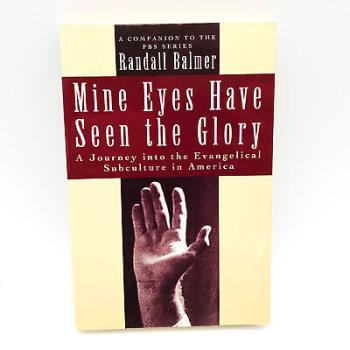I responded so positively to my friend Kathryn Soper's essay on sisterhood and feminism that I wanted to call her up and belt hymns into the phone together. Kathryn and I have never hashed out exactly where on that feminist spectrum she and I fall relative to each other, but given our participation in the Mormon feminist community, I think it would be safe to assume that we don't agree on every single thing. I blog at Feminist Mormon Housewives and am a board member at WAVE. My feminism is overt and frequently loudmouthed. And yet I found Kathryn's call for sisterhood to be incredibly empowering. It seems to me that sisterhood is not only Christian, not only charitable, but the most effective course of activism as well.
Like anyone who spends their time writing, I believe that words matter. Which means that I think the occasional boundary-policing conversation about "what makes a feminist" is purposeful. If feminism is a conversation, which I, just like Kathryn's BYU professor, believe it is, then we need to all know we're conversing in the same language. So often I find that the people hesitant to call themselves feminist don't use the same definitions I do. Coming together to a place of understanding makes those conversations instructive as well as challenging to accepted definitions. Established feminists as well as non-feminists benefit from that examination.
There are also some who define themselves as feminist as a marketing tactic, a bully pulpit, or even, in our Mormon culture, for a little rebel cachet, while doing nothing to aid the cause of women, and sometimes even actively working against it. This behavior left unchallenged can erase the meaning of the term feminism altogether. I embrace the label of feminism because it requires something of me. By using the term to define myself, I am invested in doing something about these issues close to my heart.
There comes a time, though, when that "doing something" means just shutting up already about philosophy and getting down to work. Any movement can spend so much time policing boundaries that little work gets done. I have watched as self-professed feminists get so wrapped up in voicing their precious opinion that they end up working against effectiveness, instead alienating potential friends and allies. It's a trap anyone who believes in something can fall into.
In our early founding meetings, the WAVE board obsessed over how to handle this issue of feminism and activism in the church. We recognized that all the secular models of activism simply had not worked, and through our own feelings of faith felt that they would be inappropriate even if they had. Instead we've decided to abandon activism and focus on advocacy. The church will not be cajoled into change, but leaders have proven to be sensitive to the needs of the members. I am firmly of the belief that if we ask to have our needs met, they will be. And when that day comes, I don't think I'll care much what you call it.
For more responses to Kathryn Soper's As Sisters in Zion, click here.
12/1/2010 5:00:00 AM




